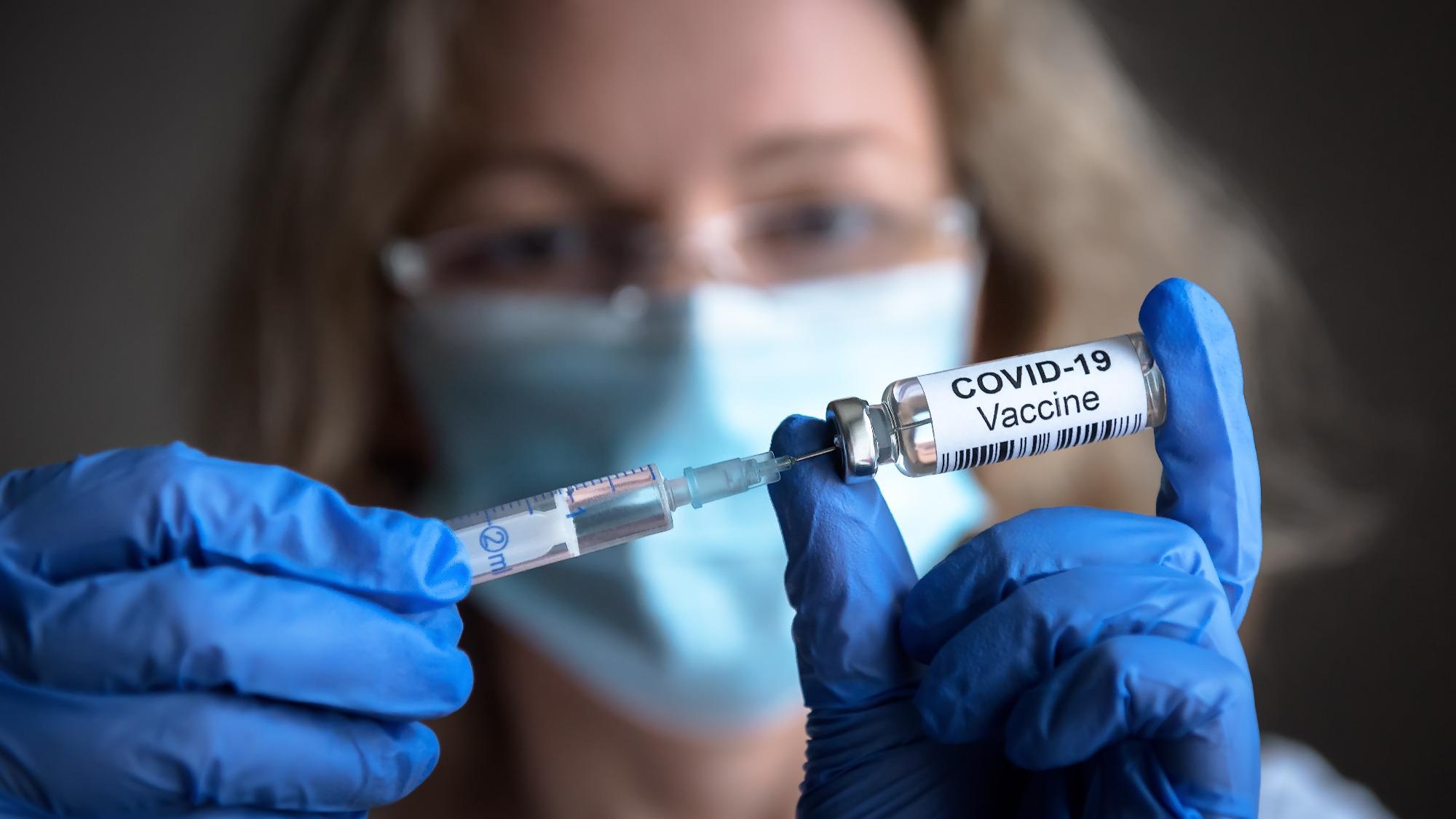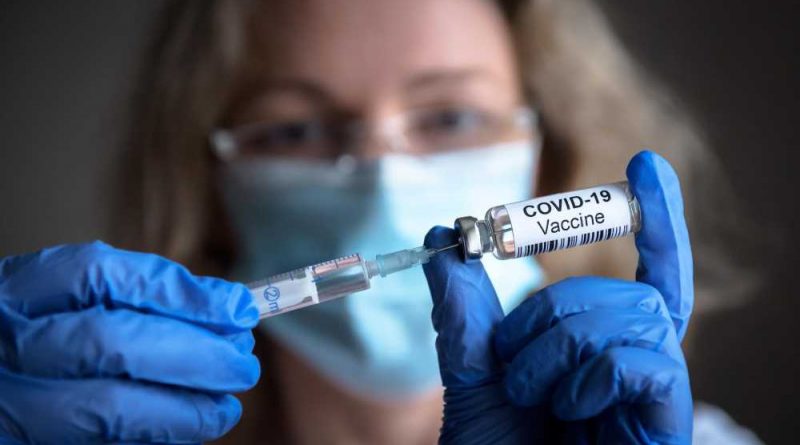Study shows third dose of Pfizer-BioNTech vaccine against COVID-19 is both safe and effective
A research paper published in the New England Journal of Medicine has demonstrated how a third dose of Pfizer-BioNTech (BNT162b2) vaccine administered in a median period of 10.8 months after the second one bestowed 95.3% efficacy against coronavirus disease 2019 (COVID-19), in comparison with two doses of the same vaccine during a median follow-up of 2.5 months.
 Study: Safety and Efficacy of a Third Dose of BNT162b2 Covid-19 Vaccine. Image Credit: Viacheslav Lopatin / Shutterstock
Study: Safety and Efficacy of a Third Dose of BNT162b2 Covid-19 Vaccine. Image Credit: Viacheslav Lopatin / Shutterstock
Vaccination remains a crucial mitigation tool in our ongoing fight against the COVID-19 pandemic caused by the severe acute respiratory syndrome coronavirus 2 (SARS-CoV-2), as it was shown that a standard two-dose regimen has a significant effect in preventing severe forms of the disease.
However, the circulation of new and emerging SARS-CoV-2 variants, coupled with an inevitable waning of our immune response, swiftly signaled that there might be a need for a third (booster) dose of the vaccine.
Still, real-world data on booster effectiveness are somewhat limited. Some studies from Israel and the United Kingdom have shown a lower number of individuals with severe disease, lower hospitalizations rates, and decreased death toll. Still, data from rigorous clinical trials would be beneficial.
In this study, a multinational team of researchers reported safety and efficacy results from an ongoing, randomized, placebo-controlled phase 3 clinical trial with a primary endpoint of assessing the administration of a third dose of Pfizer-BioNTech vaccine.
Safety and efficacy endpoints
Study participants who received two doses of the Pfizer-BioNTech vaccine (30 micrograms per dose) at least six months earlier were assigned to be injected either with a third dose or with a placebo. Then the researchers appraised vaccine safety and efficacy against COVID-19, starting seven days after the third dose.
More specifically, the incidence of both adverse and serious adverse events was taken as the primary safety endpoint. On the other hand, the primary efficacy endpoint was represented by the effectiveness of the Pfizer-BioNTech vaccine against laboratory-confirmed COVID-19.
Regarding the population included in the trial, there was a total of 5,081 individuals that received a third vaccine dose, while 5,044 received a placebo. The median interval between the second and the third dose was 10.8 months in the vaccine group and, similarly, 10.7 months in the placebo group, with the median follow-up of 2.5 months.
Increased protection against COVID-19
In short, the study has shown that the vaccine efficacy was more than 95% in preventing COVID-19 on top of residual protection from the previous two-dose Pfizer-BioNTech vaccine series. Therefore, the absolute efficacy of the third dose would be even higher if we observe it relative to a (hypothetical) unvaccinated population.
Manifold subgroup analyses have revealed that this efficacy was principally consistent irrespective of age, sex, ethnicity, race, or the presence of any co-occurring medical conditions in study participants.
When safety profile is concerned, the study has shown that any local and systemic reactogenic events after the third dose were generally of low grade. Moreover, there were no new safety signals identified and no cases of myocarditis/pericarditis (the latter being the worry in the younger population).
Improved efficacy even against SARS-CoV-2 Omicron variant
Overall, the data from this clinical trial are relatively robust in supporting the administration of a third Pfizer-BioNTech vaccine dose in individuals aged 16 years or older. This confirms the increased protection against COVID-19 bestowed by the primary immunization series.
“The high efficacy of a third BNT162b2 dose has important potential benefits beyond reducing illness, such as preventing COVID-19 sequelae after breakthrough infections, and early data suggest it may be critical to improving efficacy against the Omicron variant”, say study authors.
“A third dose may also reduce workplace absenteeism and transmission to those who have not been vaccinated, as suggested from the primary two-dose series”, they add in this paper published in The New England Journal of Medicine.
In any case, long-term follow-up from this ongoing trial will continue to provide data, after which the picture will be even more apparent. However, it is safe to assume that more than ten thousand participants in this study represent a sizeable trial sample to derive reliable conclusions.
- Moreira, E.D. et al. (2022). Safety and Efficacy of a Third Dose of BNT162b2 COVID-19 Vaccine. The New England Journal of Medicine. https://doi.org/10.1056/NEJMoa2200674, https://www.nejm.org/doi/full/10.1056/NEJMoa2200674
Posted in: Medical Research News | Disease/Infection News
Tags: Clinical Trial, Coronavirus, Coronavirus Disease COVID-19, Efficacy, Immune Response, Immunization, Laboratory, Medicine, Myocarditis, Omicron, Pandemic, Pericarditis, Placebo, Research, Respiratory, SARS, SARS-CoV-2, Severe Acute Respiratory, Severe Acute Respiratory Syndrome, Syndrome, Vaccine

Written by
Dr. Tomislav Meštrović
Dr. Tomislav Meštrović is a medical doctor (MD) with a Ph.D. in biomedical and health sciences, specialist in the field of clinical microbiology, and an Assistant Professor at Croatia's youngest university – University North. In addition to his interest in clinical, research and lecturing activities, his immense passion for medical writing and scientific communication goes back to his student days. He enjoys contributing back to the community. In his spare time, Tomislav is a movie buff and an avid traveler.
Source: Read Full Article



